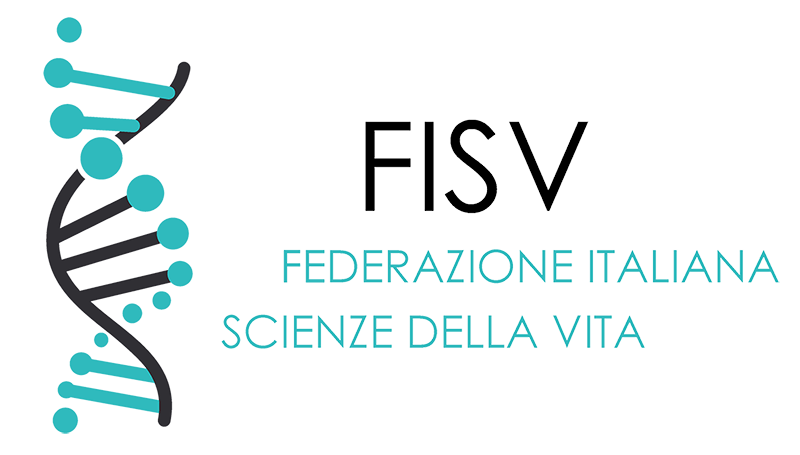
The laboratory of Chromatin Biology & Epigenetics, headed by Prof. Alessio Zippo is looking for highly-motivated researchers interested in single-molecule biophysics.
The project
Mutations in chromatin regulators can lead to multiple pathological conditions which are commonly referred as chromatinopathies (CPs). The project for the post-doc activity is centered on determining the mechanisms and functional implications of mutations in chromatin regulators observed in CPs.
Chromatin is organized in biomolecular condensates that compartmentalized the genome function and control gene expression. The herein program aims to solve chromatin domains by super-resolution imaging to determine the contribution of 3D chromatin organization and nuclear architecture to the onset and progression of diseases. The successful candidate will combine super-resolution imaging and single-molecule dynamics technologies with quantitative data analysis and biophysical modeling. The post-doc will develop new single- molecule–based approaches to investigate the dynamic organization of chromatin domains in physiological and pathological settings. His/Her project will benefit from working within an interdisciplinary framework, favoring cross-contamination of ideas and research discussions.
The candidate
We are seeking highly motivated and enthusiastic candidates, willing to challenge an innovative project by adopting a pro-active attitude and an analytical approach. The candidate is requested to have experience in advanced imaging approaches including image processing and analysis, aiming to investigate 3D chromatin organization and compartmentalization. The successful candidate will be involved in an interdisciplinary project, with research being conducted at the crossroad between computational science, biophysics and molecular biology. Given the international framework, the candidate should also have good communication skills, and a team-oriented working attitude.
Qualifications:
• A high level of motivation and interest.
• PhD in Physics, Biophysics, Computer science, Biology, Biotechnology or in related fields
• Prior research experience in advanced fluorescence microscopy, single molecule biophysics, (including a track record of peer-reviewed publications) will be recommended
• Proficiency in scripting environments for statistics and image data analysis, and/or able to quickly acquire Bioinformatics computational skills
• Excellent communication skills and good team spirit with the ability to solve problems independently
• Knowledge in chromatin biology or molecular biology will be considered a relevant plus.
The environment
The lab of Chromatin Biology and Epigenetics is interested in determining the contribution of epigenetic changes to stem cell function, both in physiological and pathological settings. In particular, we are investigating the contribution and the consequence of epigenetic perturbations to the maintenance of cell identity and tissue homeostasis. Within the international and vibrant context of the Department of Cellular, Computational and Integrative Biology (CIBIO) in Trento, Italy. Postdoctoral researchers joining the lab will gain access to the advanced research training and career development program. CIBIO offers the possibility to work in a young, highly dynamic and stimulating research environment thanks to a streamlined organization, which can support researchers to readily adapt to new scientific challenges through cutting-edge research infrastructures. At CIBIO, research goals are pursued in the frame of an integrative view of basic biological processes and of their derangement in disease, whereby basic science co-exists with biomedical oriented translational approaches.
Qualified and interested candidates should submit their application including CV, a motivation letter describing how her/his background would best fit this position, and the contact information of at least two referees. The position will remain open until filled. For further information and application, please contact Prof. Alessio Zippo (alessio.zippo@unitn.it).
